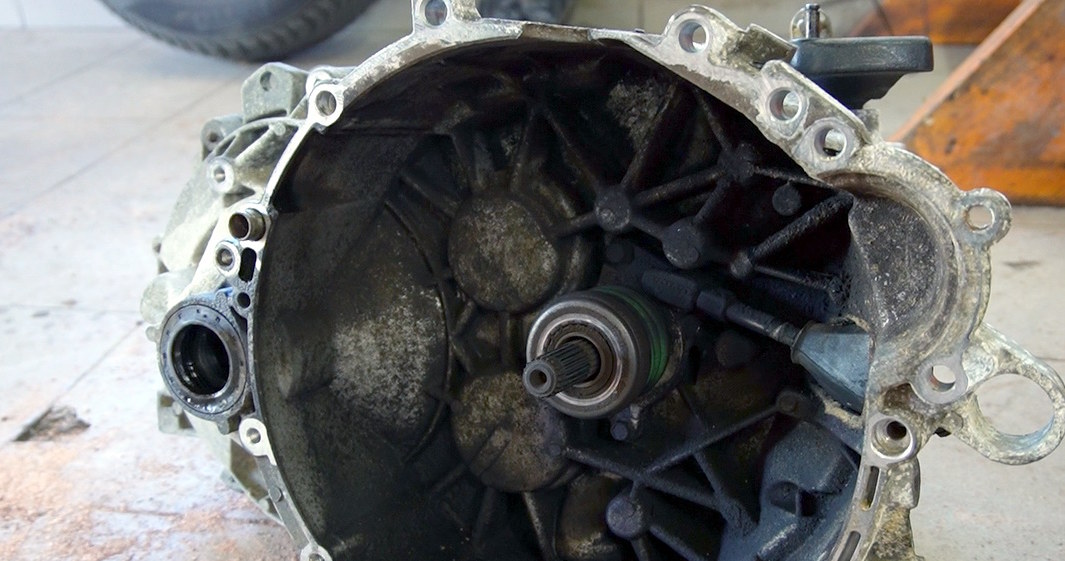So-called “factory reconditioning” is nothing new in the automotive world. To reduce costs – including environmental costs – many used vehicle components are often sent, after disassembly, to factories that give them a second life. This includes: around turbochargers, dual-mass wheels, injectors, alternators, starters, and even steering gears. The problem is that the supply of suitable parts for such repairs is limited, so companies with the right equipment for refurbishment often have to import them. Unfortunately, Polish regulations on this issue are – to put it mildly – unclear.
In recent months, parts intended for factory renovation imported into our country have been treated as waste by customs services and officials responsible for environmental protection – warns the Association of Distributors and Manufacturers of Auto Parts.
Vehicles importing parts intended for factory refurbishing in Poland often fall victim to customs officers. Due to unclear procedures, officials do not know how to classify goods and usually refer the matter to the Regional Environmental Protection Inspectorate. The inspector often recognizes the load as waste or refers the matter to the Chief Environmental Protection Inspectorate. As a result, goods detained by customs officers deteriorate and are often recognized by the ICD as waste. The cases continue for months, and Polish companies lose huge sums of money due to the actions of officials.
In the domestic media, you can increasingly hear that importers and companies dealing with factory renovation are treated on an equal footing with the real “garbage mafia”. Representatives of the SDCM argue that we are dealing with pure absurdity, because according to Art. 3 Section 1 Point 33 of the Waste Law The import of parts intended for further refurbishment can be considered a measure aimed at “preventing the generation of waste”.
After all, no one doubts that restoring factory efficiency to a part that has already been manufactured saves the environment and the planet's resources. At the same time, according to many decisions of the Environmental Protection Inspectorate, the renewal of vehicle parts constitutes “waste processing”. As a result, and due to the overzealousness of Polish officials, Polish companies, which often operate in international markets as well, are no longer able to compete. Drivers also suffer because – instead of using factory refurbished parts – they have to use replacements or new original parts that are incomparably more expensive.
The association notes that the European Union is currently working on developing new regulations in this field. For example, the draft Regulation of the European Parliament and of the Council amending Regulations (EU) 2018/858 and 2019/1020 and repealing Directives 2000/53/EC and 2005/64/EC states that “components removed from the year-end end-of-life vehicle should not be considered Suitable for reuse, refurbishment or refurbishment constitutes waste. Unfortunately, Polish officials are not willing to recognize the changes being implemented, from which not only the Polish spare parts manufacturing industry is suffering, but also thousands of drivers.

Echo Richards embodies a personality that is a delightful contradiction: a humble musicaholic who never brags about her expansive knowledge of both classic and contemporary tunes. Infuriatingly modest, one would never know from a mere conversation how deeply entrenched she is in the world of music. This passion seamlessly translates into her problem-solving skills, with Echo often drawing inspiration from melodies and rhythms. A voracious reader, she dives deep into literature, using stories to influence her own hardcore writing. Her spirited advocacy for alcohol isn’t about mere indulgence, but about celebrating life’s poignant moments.





